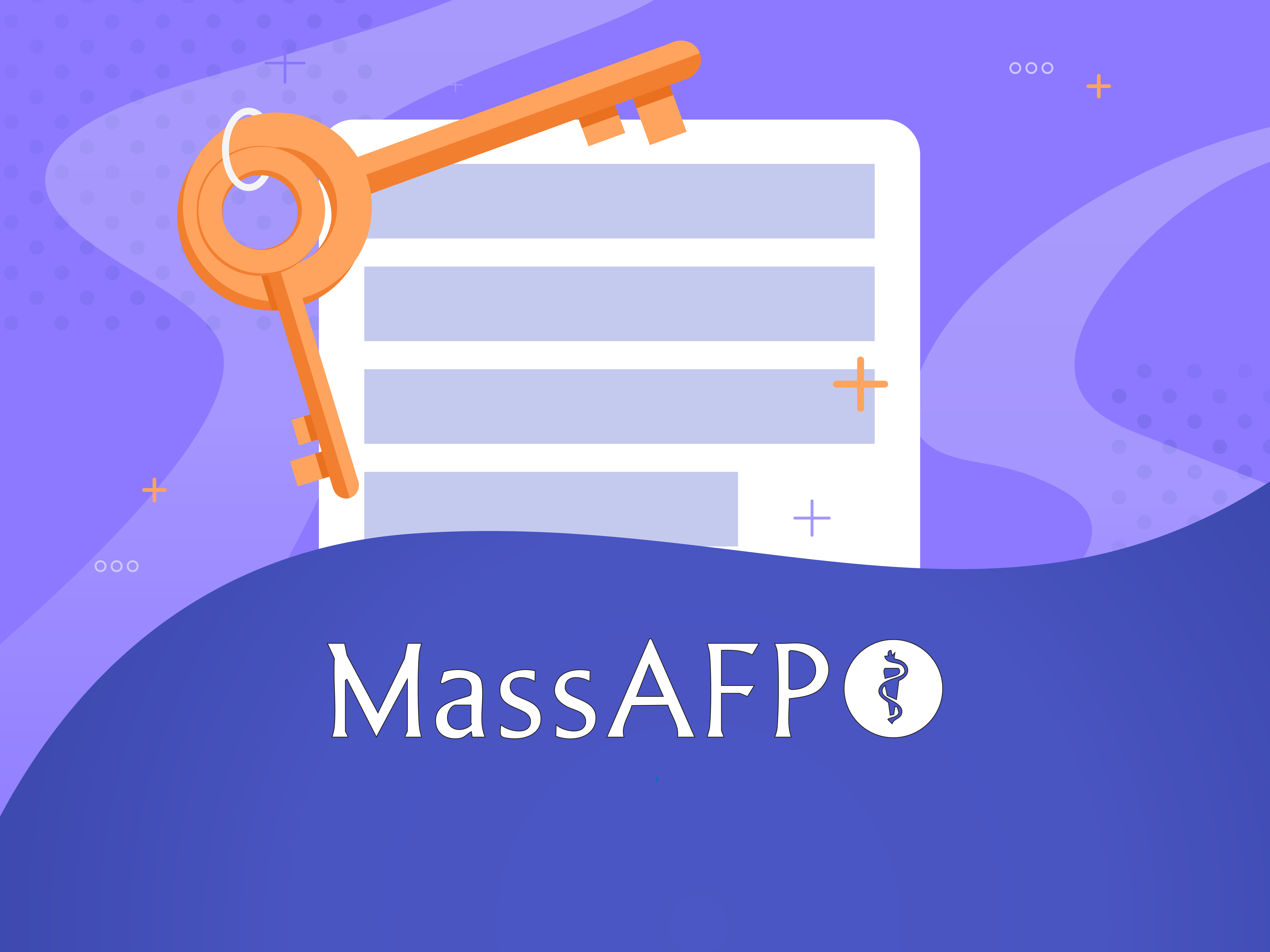Family medicine is at a crossroads. Clinicians face rising prevalence of chronic diseases, growing mental health needs, widening health inequities — and increasing pressure to do more with less. At this year’s Massachusetts Academy of Family Physicians (MassAFP) Conference, these challenges took center stage, alongside the innovations and policy shifts that could help meet them.
Our team had the opportunity to attend this year’s conference, which brought together clinicians, educators, and healthcare leaders from across the state. The sessions spanned a wide range of issues — from chronic disease and AI to mental health and health equity — and offered a vivid picture of how family medicine is evolving.
At Pearl Health, we’re deeply invested in the future of primary care. The themes from this year’s conference reinforced what we see every day: physicians need new tools, new incentives, and new models to deliver truly proactive, patient-centered care. Value-based care isn’t just a framework — it’s a path forward.
5 Key Themes at the MassAFP Conference
- Evidence-Based Medicine: A New Era in Chronic Care
- AI in Clinical Practice: Potential and Responsibility
- Whole-Person Health and Mental Wellbeing
- Health Equity and the Full Spectrum of Care
- Policy and Advocacy: Shaping the Future of Primary Care
Moving Forward
The MassAFP Conference was a powerful reminder that family medicine is both the foundation of our healthcare system — and a frontier for innovation. Whether it’s adopting new treatment models, embracing AI, or driving policy reform, the transformation of primary care is already underway.
Pearl Health is proud to stand with clinicians at the forefront of that change — supporting them with the technology, services, and payment models they need to deliver proactive, efficient, and patient-centered care.

Ready to See the Financial Impact?
Share a few details with us and receive a personalized analysis of how Pearl can work for your practice or network.


